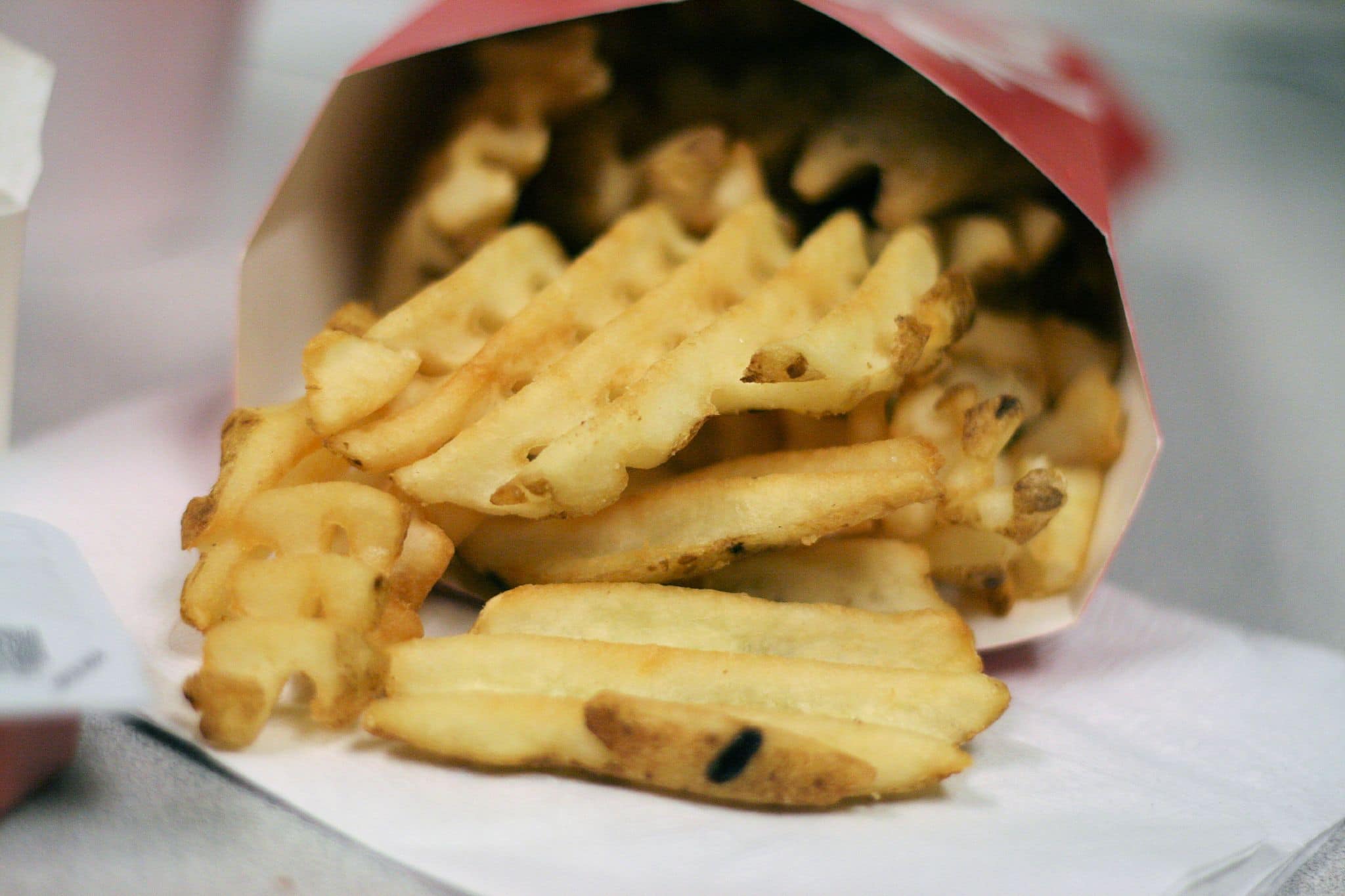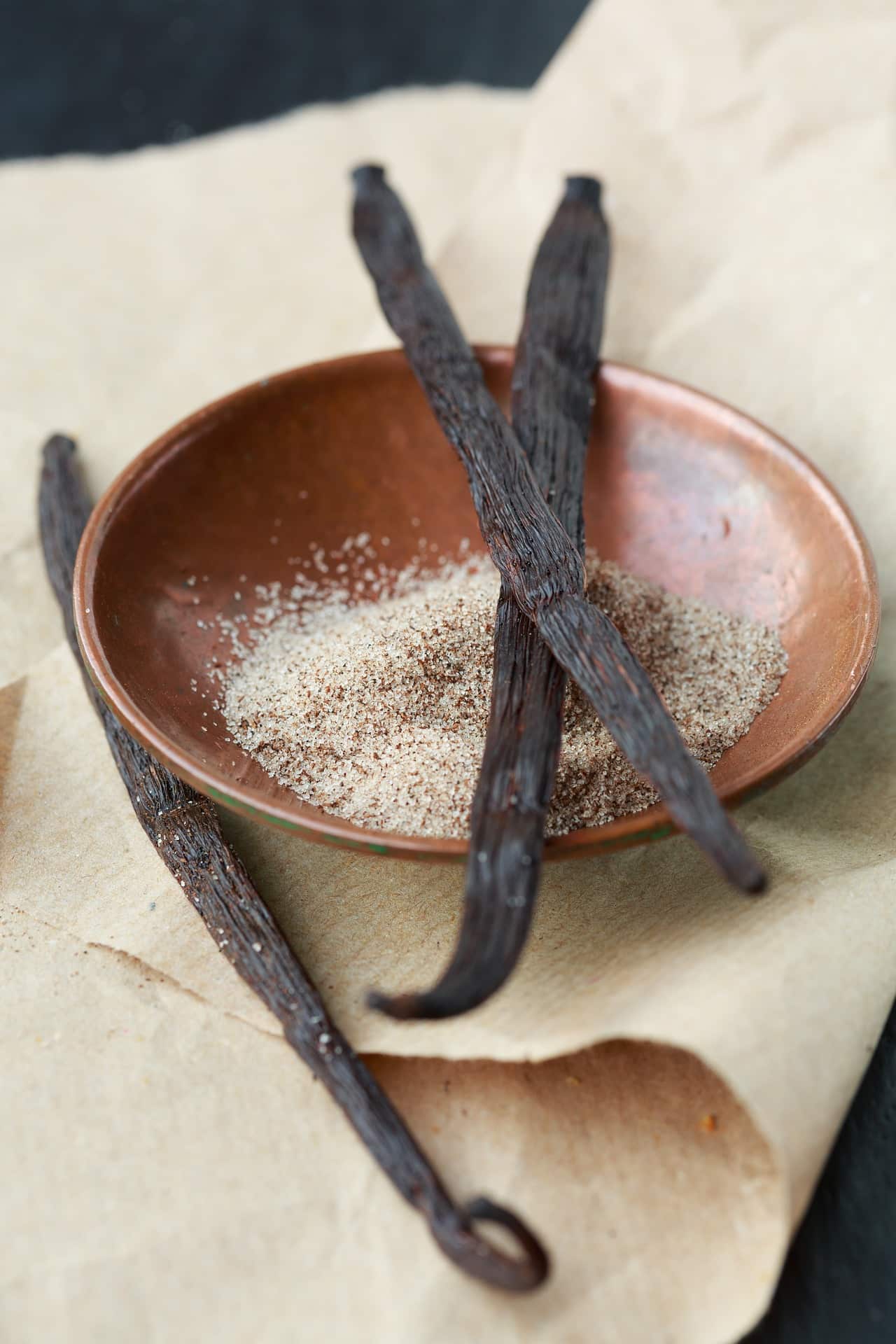Coconut milk swaps out dairy by adding a creamy feel and a mild sweet taste that livens up dishes. People skipping milk or wanting something new pick coconut milk since it tastes awesome and offers healthy fats and nutrients. It shines in smoothies, curries, baked treats, and even makes coffee smoother without getting too thick. This milk comes fresh from coconuts soaking up the hot sun, bringing a tropical splash to your food. Fans of bold flavors or anyone needing a dairy switch will find coconut milk a tasty surprise. Keep reading to see why this tropical gem could be the star of your kitchen.
It’s easy to make, versatile, and delicious.
Plus, it’s naturally low-fat and cholesterol free.
But just like with any food item, coconut milk spoils over time.
And when it does, it’s not necessarily obvious what happened or how to fix it.
In this article we’ll explain why coconut milk spoils, what exactly causes it to go bad, and how to avoid it.
How can you tell if coconut milk has gone bad?
There are two main ways that coconut milk spoils — either by bacterial growth or chemical breakdown.
Bacterial spoilage usually occurs within three days of opening the container, but it can also happen in as little as 24 hours.
Chemical breakdown, on the other hand, can occur up to six months after the product leaves the factory.
This is especially true of products that contain high levels of sugar, such as sweetened condensed milk, which is often used as a topping on cakes and ice cream.
Sugar breaks down into simple carbohydrates that create an environment suitable for bacteria to grow.
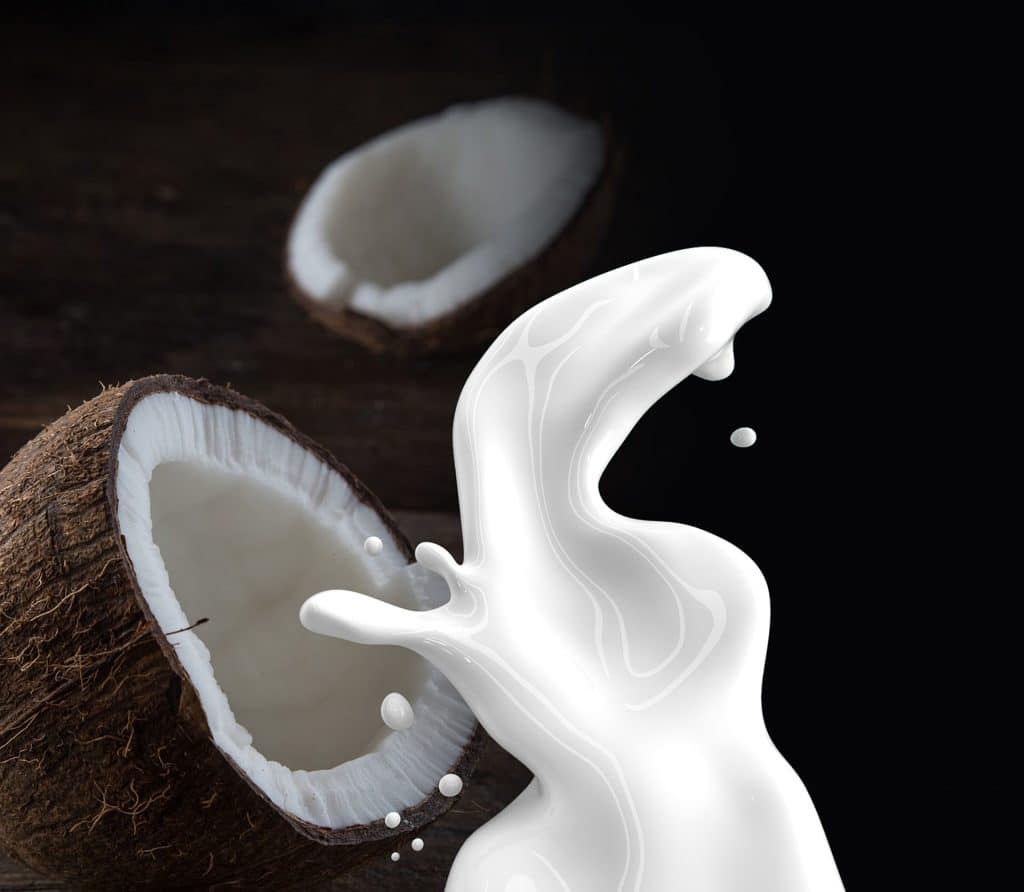
What are the signs that coconut milk has gone bad?
A number of physical changes take place in coconut milk during the process of spoilage.
First, the color of the milk turns yellowish green and then brown as it begins to ferment.
The texture changes too, becoming slimy and sticky instead of creamy.
Some people even report a strong odor coming from their coconut milk.
The best way to know for sure if your coconut milk has gone bad is to taste it.
If it tastes sour, rancid, or otherwise unappealing, then it probably has spoiled.
You should throw it away immediately and don’t try to salvage it by adding more liquid. Instead, simply start the fresh batch right away.
How long does coconut milk last before it goes bad?
The shelf life of coconut milk depends on several factors, including the type of milk (regular or light), the brand, and the storage conditions.
In general, regular coconut milk lasts about five weeks under ideal conditions, while light coconut milk lasts about four weeks.
This is because regular coconut milk contains less fat than light coconut milk.
Fat is an important factor in determining the shelf life of milk, as it helps protect against harmful bacteria growth.
When stored at room temperature, coconut milk loses its integrity quickly because it doesn’t have enough fat to resist bacterial growth.
However, if you keep it refrigerated, it can last much longer.
But even then, coconut milk only has a shelf life of about two weeks.
Once it starts to spoil, the flavor becomes very unpleasant, and it will eventually turn into a thick, gelatinous substance.
If you want to buy coconut milk that will last for a long time, look for brands that state that they’ve been pasteurized.
Pasteurization kills microorganisms that cause foodborne illnesses, so it keeps your milk safe to eat for a long time.
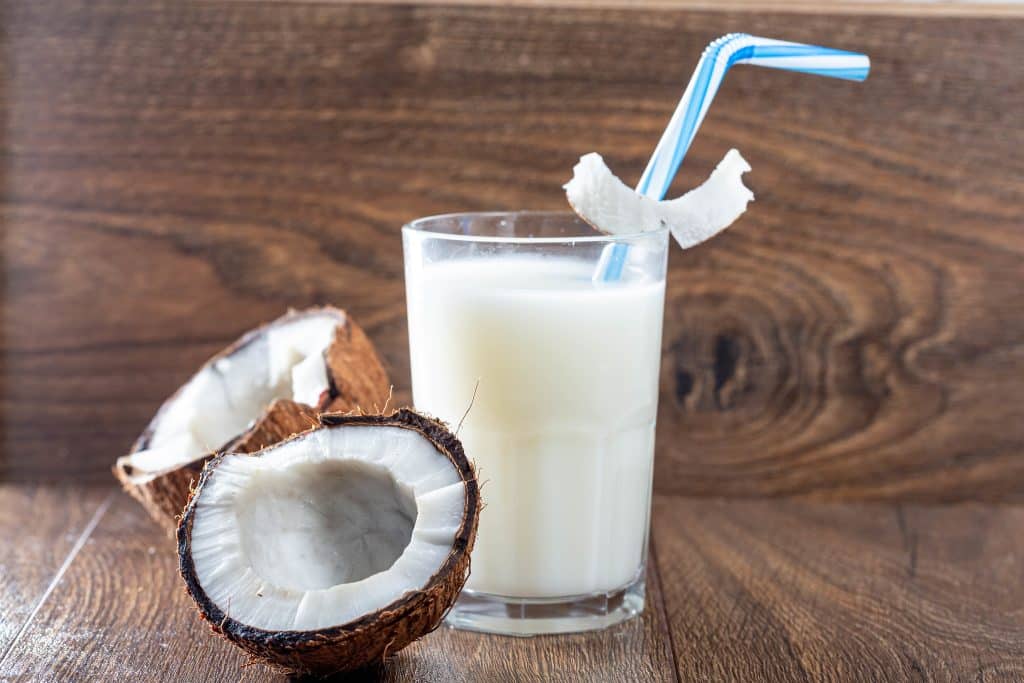
Can you still use coconut milk after it has gone bad?
Yes, you can still use coconut milk once it has gone bad.
However, it won’t be as tasty as when it was fresh.
That said, you may find that some recipes call for coconut milk that has already gone bad, so you might need to experiment to see how well it works.
For instance, you could substitute regular coconut milk with heavy cream, which is similar in consistency.
Or you could add extra sugar to compensate for the loss of flavor.
Coconut milk ice cream is unquestionably one of the best dairy-free inventions. A decadent dish of thick, handmade coconut milk ice cream is all yours with only a few simple steps and a variety of flavor options!
What happens if you consume bad coconut milk?
Consuming spoiled coconut milk can lead to gastrointestinal distress, including nausea, vomiting, diarrhea, and abdominal pain.
These symptoms are caused by bacterial toxins produced by the bacteria that cause fermentation.
The severity of these symptoms depends on the amount of toxin in the milk.
You should always discard any leftover coconut milk that has gone bad.
There’s no point in trying to save it.
Even if you think it might be okay, it’s best not to risk consuming it.
How should you store coconut milk to prevent it from going bad?
To reduce the chances of coconut milk going bad, you should store it properly.
Keep it in a cool, dark place where the temperature remains between 36 and 46 degrees Fahrenheit.
Ideally, you’d set it aside in the fridge until you’re ready to use it.
When you open a new bottle of coconut milk, you should shake it vigorously before using it.
This prevents air bubbles from forming inside the container, which can cause mold growth.
What is the shelf life of coconut milk?
According to the U.S. Department of Agriculture, the shelf life of coconut milk is about seven weeks.
After that, the milk will begin to separate, thicken, and smell bad.
At this point, you should toss it out.
How can you extend the shelf life of coconut milk?
One common method of extending the shelf life of coconut milk is freezing it.
By keeping it frozen, you can delay the onset of bacterial growth.
Just make sure that you defrost the milk slowly so that it retains its original flavor.
Are there any natural preservatives that can be added to coconut milk to prevent it from going bad?
No, there aren’t any natural preservatives that you can add to coconut milk to help it remain fresh.
The only option you have is to buy coconut milk that is guaranteed to be fresh.
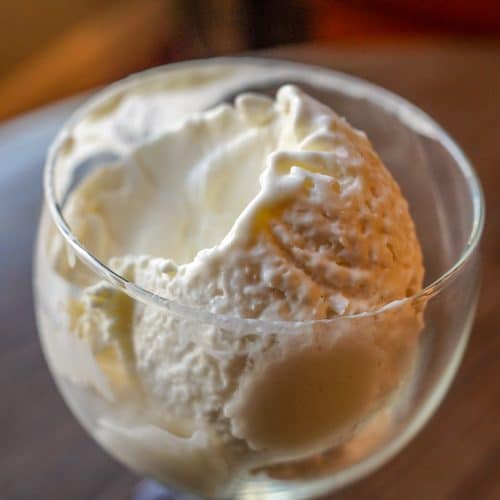
Coconut Milk Ice Cream Recipe: A Dairy-Free Dream Come True
Equipment
- 1 jar
Ingredients
- 1 can full-fat coconut milk
- 1/2 cup sugar
- 1 teaspoon vanilla extract
- Pinch salt
Instructions
- Add the coconut milk, sugar, vanilla extract, and salt to a medium saucepan over medium heat.
- Cook the mixture, frequently stirring, until it comes to a boil.
- Reduce the heat to low and let the mixture simmer for about 5 minutes or until the sugar has dissolved.
- Remove the pan from the heat and let it cool slightly.
- Pour the mixture into an ice cream maker and churn according to the manufacturer’s instructions.
- Serve immediately or store in the freezer for later.
Nutrition
- 25 Simple Lemon Dessert Recipes - January 2, 2026
- 25 Delicious Jalapeno Recipes - January 2, 2026
- 25 Homemade Sour Cream Recipes - January 2, 2026
